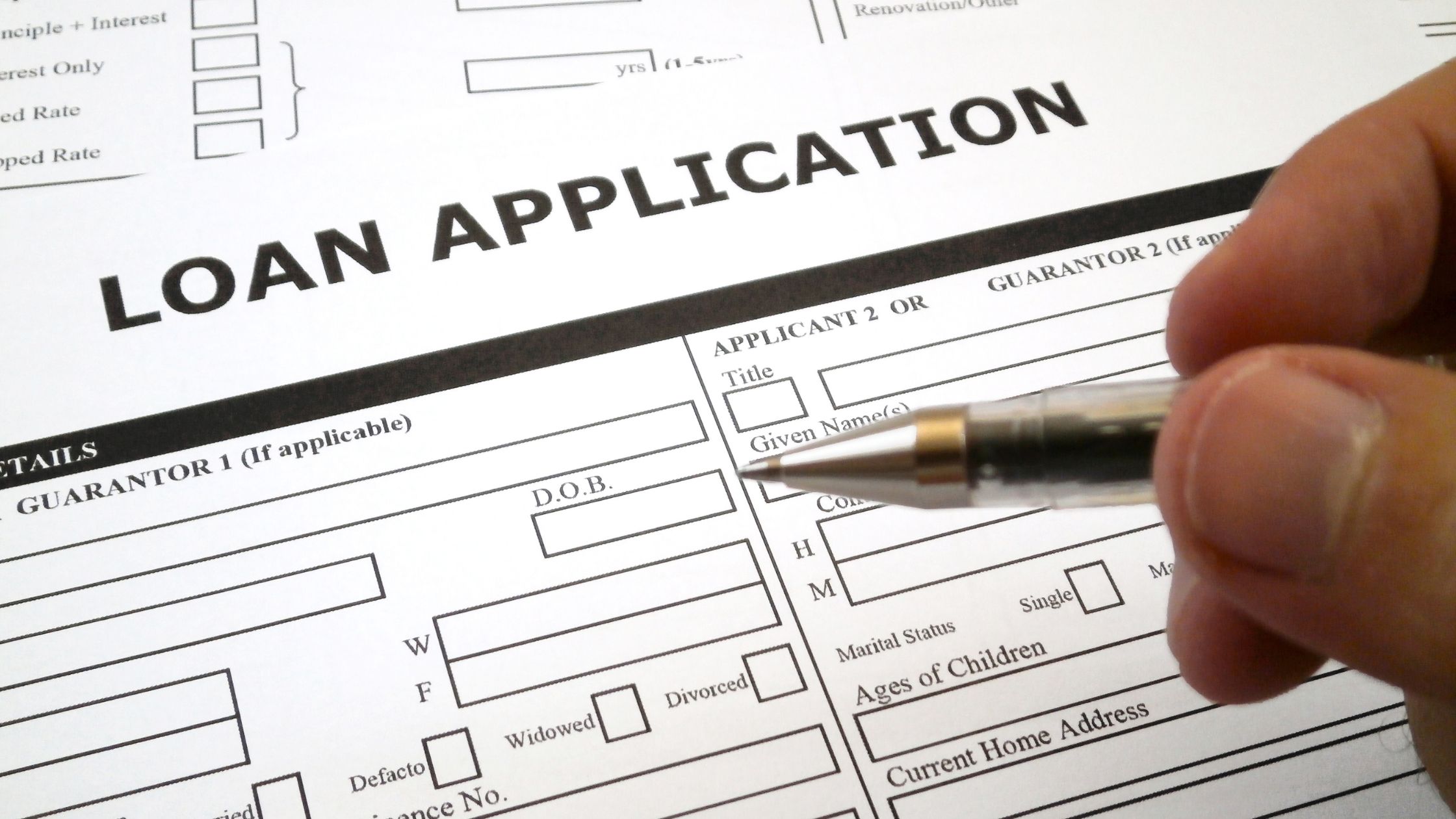Key takeaway: Farmers who are interested in refinancing farm loans should understand that while extending loan terms can reduce monthly payments, it also increases the total interest paid and prolongs the debt repayment. Extending the term may provide immediate relief but can lead to higher costs in the long run. To make sure that your interests are protected, work with a reliable farm loan lender that will transparently explain how the new loan’s terms and conditions could affect your financial goals and plans.
It might make sense to refinance your farm loans to put yourself in a stronger financial position as your existing loans approach maturity. With this approach, you can replace or consolidate your current loans with a new one that ideally offers better terms, so you can manage your farm’s debt more comfortably and reduce your financial burdens. But beware — you need to have a solid understanding of key financial principles to maximize your savings and make sure that you don’t end up taking on more debt for your farm than you can handle.
Rules to understand before refinancing farm loans
First, take the time to understand how lenders evaluate risk and the specific financial metrics they consider essential when assessing a farming operation. Although this isn’t an exhaustive list of factors lenders consider, there are four key principles that underpin the refinancing process for farm loans:
The Rule of 90
This is a foundational principle in real estate lending, and it’s equally relevant for farm loans. It dictates that the sum of the loan term (in years) and the loan-to-value ratio (expressed as a percentage) should not exceed 90.
For instance, a 20-year loan should ideally have a loan-to-value ratio of 70% or less. This balance between loan duration and the amount borrowed against your land’s value is crucial for maintaining financial stability.
The 25% Operating Budget Rule
To further mitigate risk, this rule suggests that at least 25% of a farm’s projected annual operating expenses should be self-funded. This ratio demonstrates financial strength and reduces the lender’s risk. Investing your own capital also signals to lenders that your farm is financially sound and capable of weathering potential economic fluctuations.
The 85% Debt Service Limit Rule
This principle emphasizes the importance of sustainable annual loan repayments. Ideally, your farm should aim to keep its annual debt service payments below 85% of its net income after adding back interest and depreciation (I+ID). Adhering to this limit lets you ensure that your farm can comfortably manage its debt obligations without compromising its financial health.
The 75% Equipment Loan Rule
Do you intend to borrow money to purchase farm equipment? Aim to borrow no more than 75% of the equipment’s current market value. This is a prudent approach for financing farm machinery and vehicles (assets that lose value over time).
If you were to borrow more than 75% and the equipment’s value decreased significantly, you may end up owing more than the asset is worth. Limiting the loan amount to 75% ensures that the loan amount stays below the equipment’s potential resale value to protect both you and the lender.
General tips for refinancing farm loans
- Do the math to see how higher interest rates and longer terms might affect your farm’s finances.
Be careful about refinancing in a high-interest-rate environment. Before refinancing, calculate how the new interest rate could increase your monthly payments and total interest over the loan’s lifespan.
For example, if your existing farm loan is $3,000,000 at a 4% interest rate with 10 years remaining, your monthly payment is about $30,370.
If you refinance to a longer 20-year loan at a higher interest rate of 6%, your monthly payment will decrease to approximately $21,493. This certainly frees up a lot of money every month that you can use for operational improvements.
But while extending the loan term to 20 years can reduce the monthly payment by approximately $8,877, it also increases the total interest you have to pay over the life of the loan to approximately $2.15 million from just $644,825 in the original loan. That’s a difference of over $1.5 million.
This trade-off between lower monthly payments and higher overall interest costs is a critical consideration when refinancing farm loans. Be sure to carefully weigh these factors to determine the most prudent course of action for your specific financial situation.
If you choose to refinance despite a higher interest rate, make sure that the benefits outweigh these increased costs. High rates could negate the benefits of refinancing if not carefully managed. Always evaluate how much the rate increase could cost you over time and weigh this against the refinancing benefits like lower initial payments or cash-outs for essential farm upgrades.
- Take into account all closing costs and fees.
Note that you may have to pay extra fees for application, appraisal, origination, and other such costs. Carefully assess whether these upfront expenses justify the benefits of refinancing, keeping the long-term savings in mind. List all associated fees to determine if refinancing is economically viable for your situation.
- Be aware of the potential impact on your credit score.
All forms of refinancing (including farm loans) may trigger a hard inquiry on your credit report and potentially lower your credit score, albeit temporarily. Extending existing debt can impact your debt-to-income ratio, which measures the percentage of your gross income that goes towards paying off your debts. Having a higher debt-to-income ratio can make it more difficult to qualify for future loans because lenders may perceive you as a higher-risk borrower.
- Understand the risks of variable-rate loans.
Variable-rate loans can be particularly risky when the economy Is shaky and interest rates are high. So before you refinance, project how potential rate increases could affect your future payments and decide if the risk is acceptable to you. Always prepare for the possibility of rising rates and assess how that would impact your farm’s financial health.
- Monitor your equity and loan-to-value ratio.
Be cautious about how refinancing your farm loan might reduce your equity in your property, particularly if you cash out or extend the loan term. A higher loan-to-value ratio could limit your future financing options and affect the terms you might secure. Ideally, you should maintain a healthy equity level in your farm to protect your stability and borrowing power.
As you can see, while refinancing farm loans can offer significant benefits for farmers — like better cash flow management and potential interest savings — it’s not as straightforward as it seems. You need to work with a lender who can help you secure terms that truly support your long-term financial stability and growth.
Private Capital Investors can refinance your farm loan
If you’re ready to refinance, the next step is to find a reputable direct lender. Private Capital Investors specializes in providing farm loans and related financing options that make it simpler to acquire and grow farms across the US.
Are you looking to expand your farm or start a new project from the ground up? Our team is here to guide you through the various farm loans available. We also cater to investors interested in purchasing land for development projects or personal use, and to those aiming to refinance their existing farm loans.
We offer loans ranging from $3 million to $50 million and can close in as fast as 14 days. Our terms are flexible. You can count on adjustable rates to fit your needs, with up to 70% financing and a 50-year amortization period — all without prepayment penalties.
100% financing farm loans
For those in a strong financial position, our 100% financing options can maximize your capital. Our experts will guide you through the process and connect you with the best lenders — from credit unions to commercial banks — ensuring you receive the most favorable terms.
Farm loans for bad credit
Don’t let a less-than-perfect credit score hold you back from developing your land. Private Capital Investors can help you find lenders who offer flexible terms.
Loans for raw land
You might find it hard to find ag lenders who are interested in financing raw or undeveloped land because these types of properties are considered risky. We can help. Our experienced team of private commercial real estate lenders can help you get competitive terms from lenders who have enough farming know-how to recognize your land’s potential.
We’ve proudly helped a long list of agricultural clients secure the farm loans they need for their hobby farms, orchards, poultry businesses, and more. We also offer agricultural citrus loans, cattle loans, rural land loans, agriculture operation loans, and vacant land loans. Our farm financing solutions can be customized to match your goals. For example, we provide farm loans for part-time or full-time agricultural pursuits as well as for quick acquisitions, farmland expansion, and recreational land investments like fishing properties, among others.
For more information or to know more about our farm loans and refinancing solutions, contact us at 972-865-6206 or email us at info@privatecapitalinvestors.com. You can also request a loan directly through our website.





